August Wi-Fi Smart Lock vs. August Smart Lock Pro: Which should you buy
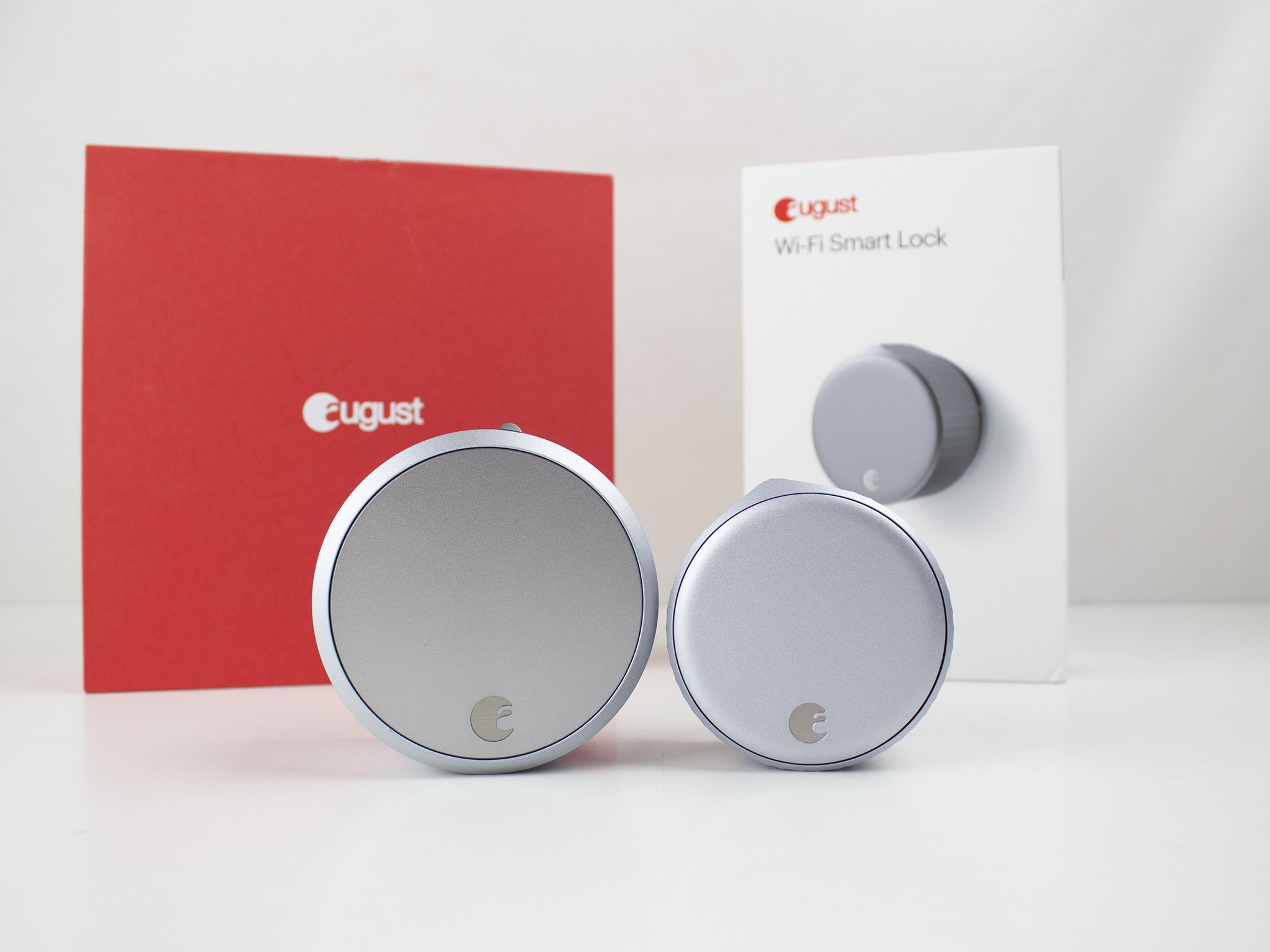
August Wi-Fi Smart Lock (4th-gen)
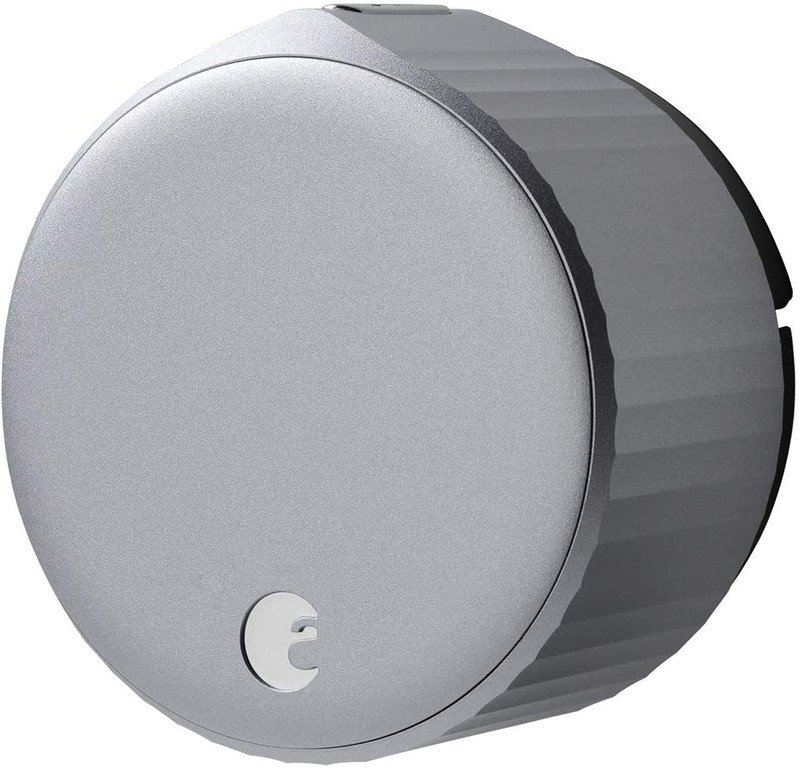
August's 4th-generation smart lock, the August Wi-Fi Smart Lock, eliminates the bulk from previous generations and builds Wi-Fi support right into the lock.
August Wi-Fi Smart Lock (4th-gen)
Built-in Wi-Fi is just the beginning
August Smart Lock Pro (3rd-gen)
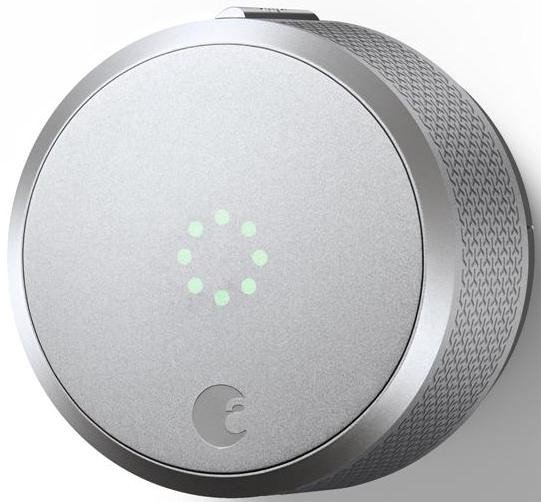
The 3rd-generation August Smart Lock Pro requires an external August Connect bridge to connect to your home's Wi-Fi network, and it's quite a bit larger than the August Wi-Fi Smart Lock. On the bright side, it's got twice the battery life.
August Smart Lock Pro (3rd-gen)
Still great for pros
The August Wi-Fi Smart Lock is August's 4th-generation smart lock, and it shows. Everything is a pretty substantial upgrade, including built-in Wi-Fi, a significantly smaller design, and even better grip. Since the size has been significantly reduced, August also had to reduce the number of batteries inside, resulting in worse battery life than its predecessor. Regardless of this downside, though, it's a no-brainer to choose the August Wi-Fi Smart Lock over the 3rd-generation August Smart Lock Pro if you're in the market for a smart lock.
All the essentials built-in: August Wi-Fi Smart Lock (4th-gen)
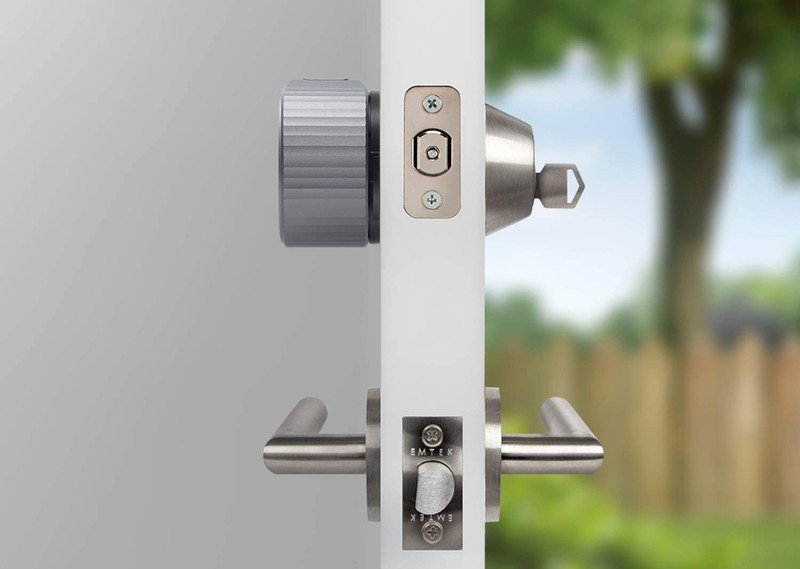
Here's what's impressive about the August Wi-Fi Smart Lock: It's not only physically 45% smaller than the 3rd-generation August Smart Lock Pro, but it also packs a Wi-Fi chip right inside. That's a stark contrast to all other generations of August Smart Locks, which require a separate Wi-Fi Bridge to be plugged into a wall outlet somewhere in your home. Building the Wi-Fi chip in eliminates the need for this extra $80 component (especially if you accidentally misplace it).
August launched the 4th-generation August Wi-Fi Smart Lock at a lower price than the existing 3rd-generation one, but prices have come down a bit since then. The 4th-generation August Wi-Fi Smart Lock can now be found for around $200 — that's $50 lower than the price it launched at — but the 3rd-generation August Smart Lock Pro is even easier to find for a lower price. That eliminates one of the positive points the 4th-gen product had when it launched but, on the bright side, it is still priced lower than when it came out.
| Header Cell - Column 0 | August Wi-Fi Smart Lock (4th-gen) | August Smart Lock Pro (3rd-gen) |
|---|---|---|
| Dimensions (inches) | 2.8x2.8x2.75 | 3.4x2.22x3.4 |
| Power | 2x CR123 batteries | 4x AA batteries |
| Wi-Fi | Built-in, 2.4Ghz only | Requires external bridge |
| Bluetooth | Yes | Yes |
| Remote lock | Yes | Yes |
| Remote unlock | Yes | Yes |
| Auto-lock | Yes, via geofencing on app | Yes, via geofencing on app |
| Door open detection | Yes | Yes |
| Guest keys | Yes | Yes |
| Virtual assistant support | Google Assistant, Amazon Alexa, Siri | Google Assistant, Amazon Alexa, Siri |
Right in two: August Wi-Fi Smart Lock vs. August Smart Lock Pro
Aside from no longer requiring two separate components to operate the smart lock, August has also significantly shaved quite a bit of bulk off the housing on the August Wi-Fi Smart Lock. As a 4th-generation product, August was able to utilize newer, smaller Wi-Fi chipsets to reduce the size of the smart lock by 45% when compared to the 3rd-generation August Smart Lock. It's also 20% thinner, which, ultimately, means a much smaller hunk of metal will be adorning the inside of your front door.
While smaller could sometimes mean more difficult to use, August redesigned the trademark look of the August Smark Lock Pro's exterior to help give it a bit more grip. Instead of a mesh pattern surrounding the dial, you'll now find a series of ridges that better facilitate gripping with a hand — especially when it's cold or you're wearing gloves.
Be an expert in 5 minutes
Get the latest news from Android Central, your trusted companion in the world of Android
While a significantly smaller package and the presence of a Wi-Fi chip inside are incredible upgrades, not everything is perfect with the August Wi-Fi Smart Lock. The real exception here is the battery life on the August Wi-Fi Smart Lock, which August had to trade-off given the nearly 50% smaller build. There's simply not enough room left inside to house four AA batteries like the 3rd-generation August Smart Lock Pro sports.
Instead of four-AA batteries, you'll find two CR123 batteries, which look a bit like shorter, stouter versions of a AA battery. While this might be concerning at first, know that there are plenty of rechargeable versions of CR123 batteries available at places like Amazon. These will typically come with a few CR123 batteries and a charger for around $50. That'll eliminate the need to buy batteries all the time for the August Wi-Fi Smart Lock, as a 2-pack of CR123 batteries typically costs around $10.
Sometimes, older is wiser: August Smart Lock Pro (3rd-gen)
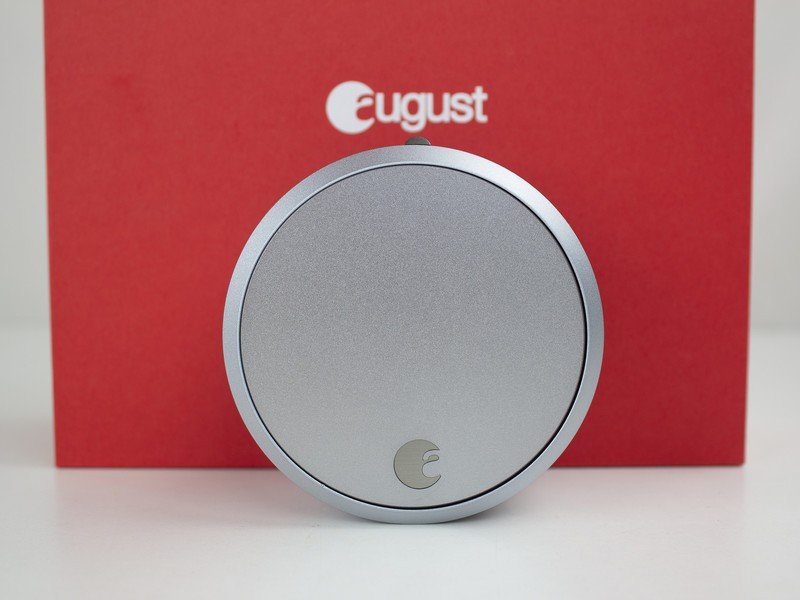
August estimates that the August Wi-Fi Smart Lock's battery life will last between three and six months, depending on how often you use the automated locking mechanism and how strong a Wi-Fi signal you have. The stronger the Wi-Fi signal, the less hard the battery has to work to keep communicating to the internet. Compare that with the six to twelve months average battery life on the August Smart Lock Pro (3rd-gen), and you'll quickly notice that a half-sized lock means half the battery life.
The upside to the August Smart Lock Pro (3rd Gen) relying on Z-Wave connectivity appears if you experience an internet outage. While the internet is wonderful and can connect most smart devices, it becomes rather difficult to use a device that's reliant on the internet in the event of an outage. While this is a rarity for most folks, you certainly should consider the August Smart Lock Pro (3rd Gen) for these scenarios if you've got a SmartThings or other Z-Wave hub. Since the August Wi-Fi Smart Lock doesn't have Z-Wave functionality, it won't be able to connect to your smart home in the event of an internet outage.
Now anyone with a Z-Wave or Zigbee-laden smart home knows that there are many more reasons to use a local protocol than just staving off the possibility of an internet connection loss. Local protocols are faster and often more secure than internet-connected devices simply because they can't be reached outside of the home. Smart home hubs like Samsung Smart Things can also be set up to perform routines and react to certain scenarios more efficiently than internet-connected smart assistants, as well. That last part is the main reason August uses the term "pro" in the name of the product.
But newer is, usually, better: August Wi-Fi Smart Lock (4th-gen)
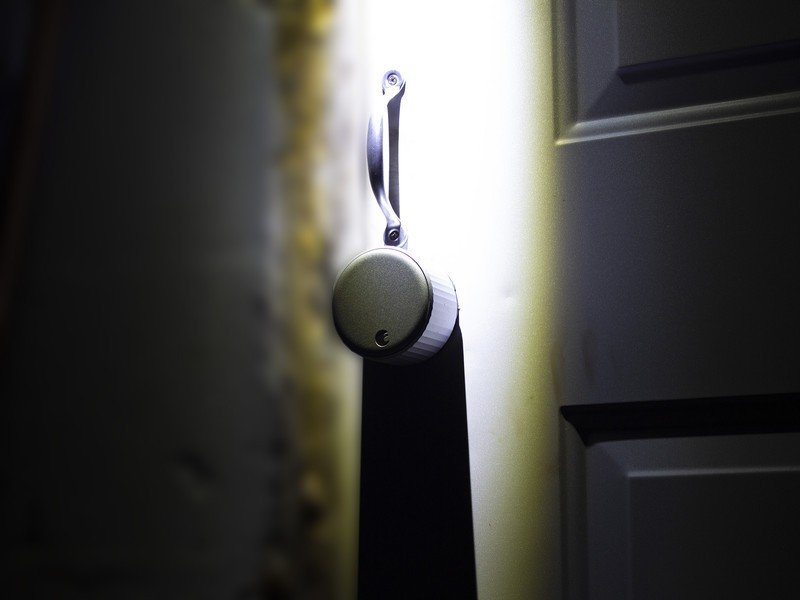
Not every new release is necessarily better than the previous one in the world of technology, but, in this case, August knocked it out of the park with the August Wi-Fi Smart Lock. At nearly half the size and with a more grip-friendly design, the August Wi-Fi Smart Lock not only looks better on your door, but it's also easier to manually lock, as well. Despite being 45% smaller than previous generations, the August Wi-Fi Smart Lock has the Wi-Fi chip built-in, so you no longer need the $80 wireless bridge just to connect your smart lock to the internet.
The only downside of the new design is the fact that the 45% smaller size quite literally cuts the battery life in two. Even still, it's easy to find rechargeable CR123 batteries on Amazon or at other retailers, and a three to six-month battery life means you'll only be changing the batteries out four times per year at the most.

